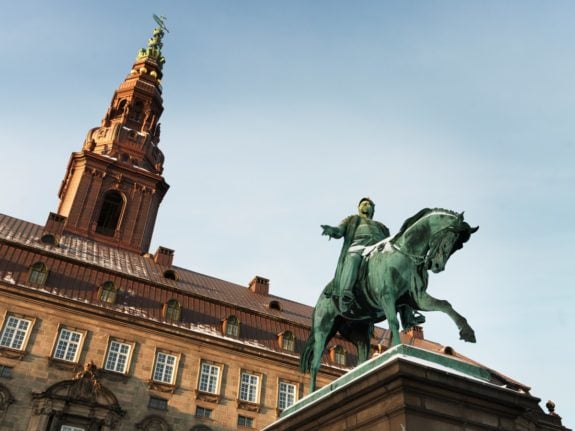Vermund announced her decision on the party’s website on Tuesday and said that a new leader should be found as soon as possible.
“The torch must now be carried onwards,” she wrote.
“I have therefore informed our members, our parliamentary group and our excellent staff that this will be my last period in parliament – and that I recommend Nye Borgerlige’s members to choose a new chairman straight away to lead the party in the electoral period that is now really getting underway,” she said.
“That means I am leader of Nye Borgerlige until the party’s annual congress or extraordinary congress, if the leadership decides to call one,” she said.
Vermund is an architect by profession and former local politician with the Conservative party. She has been an MP since the 2019 election, when she led Nye Borgerlige, which she co-founded in 2015, into parliament for the first time.
She was reelected to parliament in November 2022 as the far-right group had a solid if unspectacular second election, increasing its vote share from 2.4 percent to 3.7 percent.
She has previously said she did not plan to spend more than two electoral periods as a lawmaker.
The far-right party can be considered broadly libertarian on social and economic issues and vehemently opposed to immigration, particularly from countries with Muslim populations.
READ ALSO: Far-right politician appointed chair of Danish citizenship committee



 Please whitelist us to continue reading.
Please whitelist us to continue reading.
Member comments